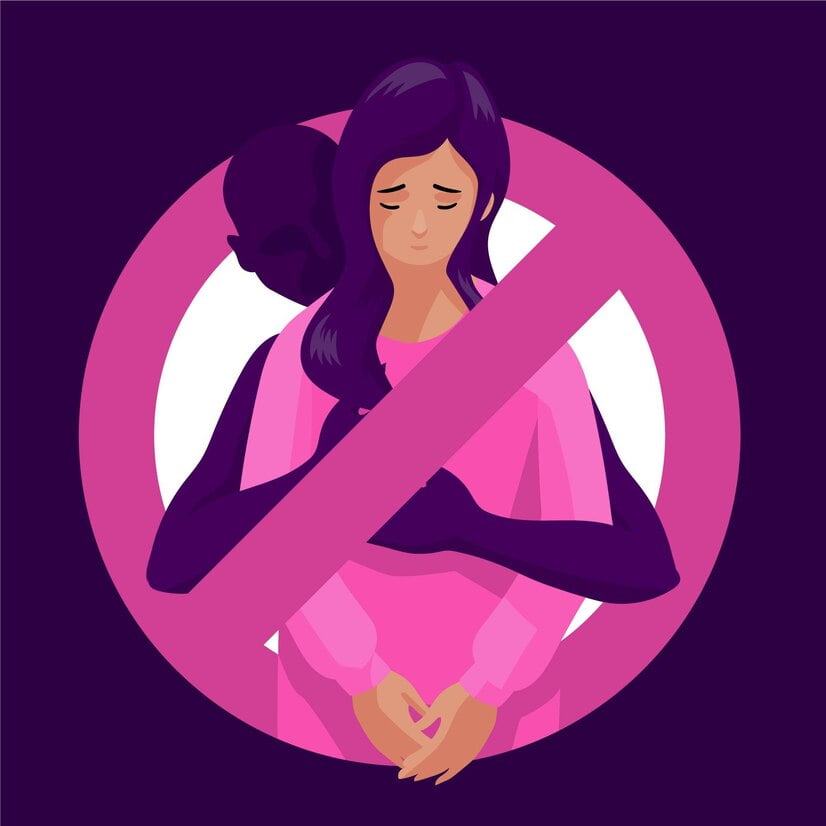A tragedy that has shaken the foundation of our humanity has surfaced in the recent history of global travel. A Spanish Girl traveler who was excited to experience India’s captivating beauty and various cultures was sucked into an unfathomable nightmare. Her path took a terrible turn when she fell prey to a vicious gang rape in the peaceful beauty of Jharkhand. This horrible crime not only shatters the peace of a traveler’s vacation, but it also exposes the grim reality of gender violence and safety challenges that afflict travel places all over the world.
Travelers from far-off places are frequently drawn to India by its stunning beauty, which offers a tapestry of experiences woven with warmth and hospitality. However, underlying this exterior lurks a harsh reality—one in which visitors’ safety—particularly that of women—hangs dangerously in the balance. The tragedy that occurred in Jharkhand is a sobering reminder of the risks all travelers, no matter their country or destination, must take.
The assault’s specifics are both upsetting and aggravating. A Spanish Girl traveler, full of curiosity and wanderlust, visited the rural areas of Jharkhand, wanting to fully experience the rich cultural diversity there. She had no idea that her voyage would turn into a terrifying experience that would leave scars on her body as well as on her soul.
Gang-related rape is an abhorrent act that is incomprehensible. It strips its victims of their self-respect, feeling of safety, and faith in people. It permanently changes the path of their life by leaving a traumatizing legacy that ripples across every aspect of their lives.
Further investigation into the systemic problems that underlie such atrocities is essential as the world attempts to process the shock and indignation caused by this occurrence. Gender violence is an epidemic that cuts across national boundaries and cultural divides, taking countless lives and leaving lasting damage in its aftermath. It flourishes in the shadows of indifference and quiet, encouraged by a complicit and impunity-based culture.
The incident also begs important concerns regarding the effectiveness of the regulations and safety safeguards in place for visitors to India. Despite the nation’s abundance of natural beauty and cultural legacy, it also faces several socioeconomic problems, which show up as different kinds of violence and criminality. Tourists’ safety and security, particularly that of women, should be given first attention, and strict protocols should be put in place to guarantee their wellbeing.
It is our responsibility to demand justice for the victim and accountability for the offenders in the wake of this catastrophe. It is imperative that the wheels of justice move quickly and firmly to make it abundantly evident that these kinds of barbaric atrocities will not be accepted. Furthermore, more needs to be done to support and enable victims of sexual assault reconstruct their lives and regain their sense of agency.
But there is a bigger issue that needs to be addressed in addition to the pressing need for justice. This issue calls for cooperation and coordination. By tearing down the patriarchal structures and cultural practices that support injustice and inequality, we must address the underlying causes of gender violence. To ensure that every person is respected and given the freedom to live a life free from violence and fear, we must promote a culture of empathy, respect, and solidarity.
As we consider the sad experience of the Spanish Girl traveler in Jharkhand, let us resist giving up or giving in. Let’s use our collective indignation to drive important changes in society and institutional reforms. Let’s show the victim and all other survivors of sexual assault our resolute support and solidarity by standing together.
In summary, the event is a sobering reminder of the pressing need to combat the evil of gender-based violence and guarantee the security and safety of every tourist. It serves as a reminder to legislators, law enforcement, and the general public to step up efforts to battle this ubiquitous threat. We cannot establish a society where every person, regardless of gender or nationality, can travel freely and safely without fear of exploitation or violence unless we act as a collective and show steadfast resolve.
Together with the victim and all other survivors of sexual assault, may we work to create a society where equality, justice, and dignity are valued above all else.
“Prioritizing Safety: Navigating the Impact of Incidents on Traveler Well-being”
This terrible event not only has serious ramifications for the victim and her loved ones, but it also calls into question India’s standing as a secure tourist destination. When travelers are choosing where to go on their next vacation, safety is their top priority. With its varied landscapes and rich cultural legacy, India has long been a well-liked tourism destination for people all over the world. High-profile incidents of violence against tourists, like the most recent gang rape in Jharkhand, run the risk of damaging India’s reputation as a friendly and safe travel destination. The effects of the occurrence go beyond the short term; they may discourage future visitors from coming to the nation and undermine initiatives to support tourism and cross-cultural exchange.
The event highlights how urgently authorities must respond to safety concerns and put policies in place to guarantee the security of every tourist. Such tragedies have negative effects on a nation’s economy and prestige in addition to harming the victims. Every occurrence leaves a trail of trauma and anxiety behind, affecting not only the people directly engaged but also the perception of safety for all travelers, even beyond the numbers and headlines. India—as well as any other destination—must place a high priority on tourist safety and security in order to create an atmosphere that allows visitors to connect, explore, and learn without fear.
